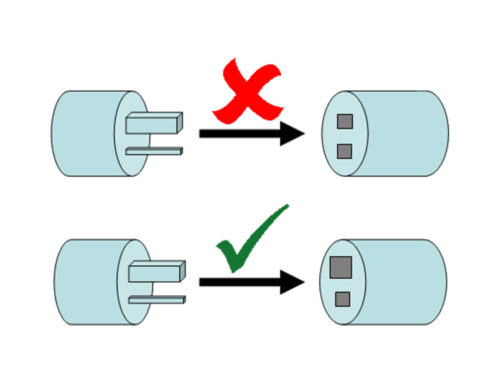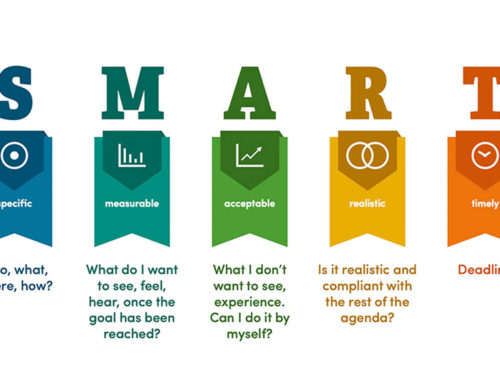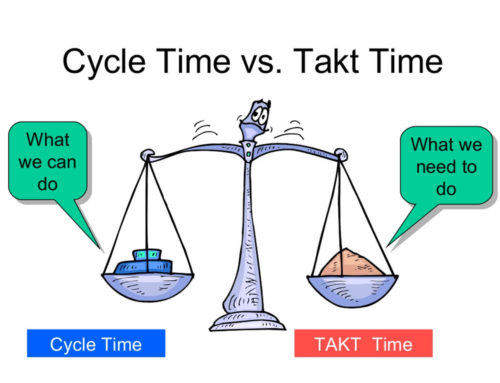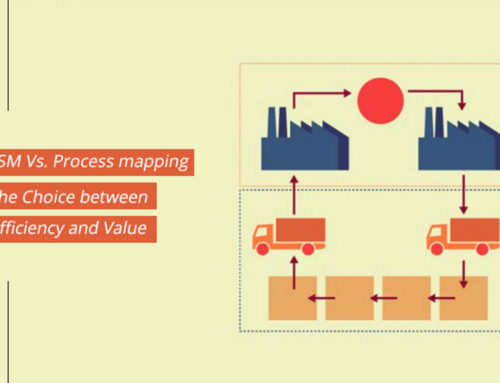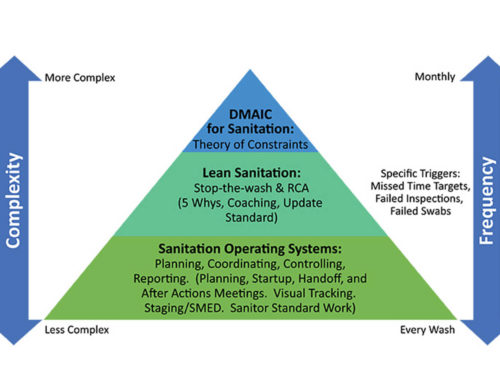 The population of the world is increasing by the hour. With more than ever, mouths to feed, the food and beverage manufacturing operations are under tremendous pressure to keep up with consumers’ demands. The old manufacturing methods are outdated and out of shape to cope or deliver the rising quality and quantity requirements. Under these circumstances, more and more food and beverage manufacturers turn to modernization and ERP (Enterprise Resource Planning) to come out of the shortage crisis and achieve operational excellence.
The population of the world is increasing by the hour. With more than ever, mouths to feed, the food and beverage manufacturing operations are under tremendous pressure to keep up with consumers’ demands. The old manufacturing methods are outdated and out of shape to cope or deliver the rising quality and quantity requirements. Under these circumstances, more and more food and beverage manufacturers turn to modernization and ERP (Enterprise Resource Planning) to come out of the shortage crisis and achieve operational excellence.
The Inedible Part Of The Pie
The food and beverage industries are a multi-billion dollar industry. However, with the modernization of societies, consumers are more concerned than ever about their food quality and safety. Manufacturers have to keep innovating and developing their systems for survival. The old and outdated manufacturing procedures are like an inedible part of the pie that no one wants to eat. In the face of modern needs and expectations from the food industry, manufacturers became aware of the following obstacles that rendered customary practices futile:
- Absence of Traceability: No methods for recording and monitoring standard operating procedures.
- Non-existent Safety Protocols: Grossly neglected or absent food safety precautions to avoid spoilage and contamination.
- Productivity limitations: Exhausted and overworked machinery, unable to meet the required production quota.
- Excessive Costs: Rising repair, transportation, preparation, storage, sustenance, and maintenance costs.
- Complexities of Non-compliance: Inability to educate, popularize, and ensure quality control templates in the system.
- Recall Blockades: Deficiency of reverse bridges for recall management and retracing damaged goods.
- Demand Contradictions: Inadequate groundwork for adapting to the rapidly changing demands like gluten-free, organic, nutritional, and allergen-free products.
The Cream Of The Crop
The modern society demands have risen to a level that cannot combat legacy ERP and old, outdated operational procedures. In the context of these problems, the manufacturers decided to part ways with conventional production methods. They switched to a more modern and reliable ERP that is compliant with the fourth industrial revolution or industry 4.0 standards. The new and improved modernization solutions become the cream of the crop that everyone likes to be associated with. Here are some of the highly sought after benefits of the latest ERP modifications in the food and beverage industry:
- Improvised Talent Acquisition: With the alignment of priorities, manufactures were able to find the perfect fit for the job with the introduction of human resource administration in the system.
- Improved Communication Channels: Interconnectivity and feedback channels become alive with the help of modern technological innovations.
- Sustainable Planning: Operations were restructured on a micro and macro level to cover the latest demand requirements of the food and beverage manufacturing industry.
- Enhanced Production Pipeline: Better storage facilities and upgraded methods of production enabled the manufacturers to drive more output from the limited resources.
- Better Regulations Application: Modern technological aids empowered the operations to ensure higher rates of regulations implementation.
- Cost Reduction: Automation and engineering restructuring made way for reduced costs with better performance.
- Amplified Safety: Operational remodeling paved the way for eliminating safety risks and amplifying the end products’ health factor.
- Integration of Variety: Flexibility of the modern methods qualified the manufacturers to integrate countless food varieties to satisfy the contemporary consumer’s demands.
- Demand Projections Accuracy: The diffusion of reliable records and monitoring apparatus at the disposal of manufacturers through ERP modernization supplied more accurate future projections.
- Reduced Defect Margins: Up to speed operational structures diminish the cause of defects at the root and reduced defect margins to a bare minimum.
The Recipe Of Success:
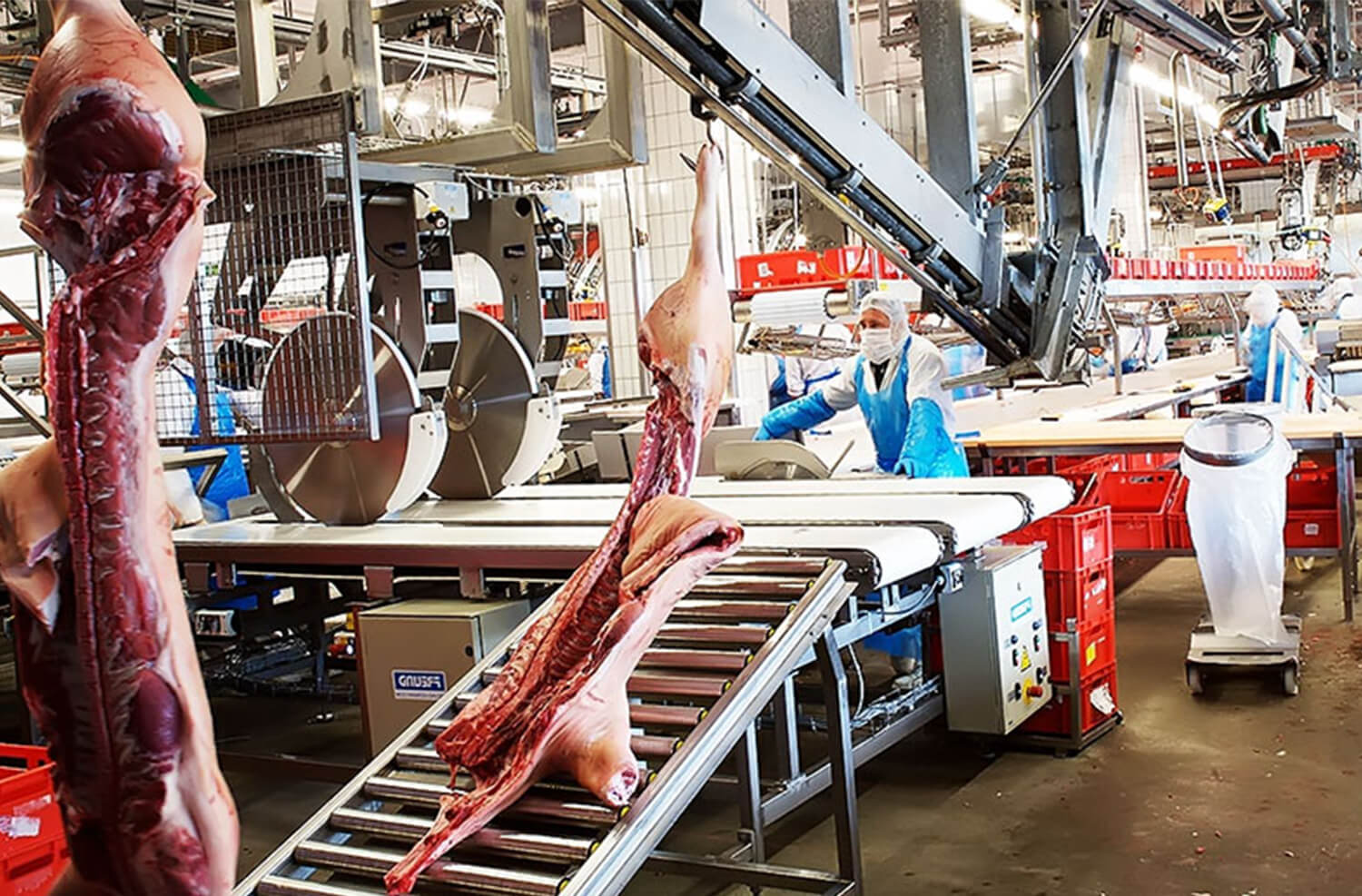 To fully grasp the advantages of modernization in the food and beverage industry, it is necessary to understand what sets apart legacy ERP from modern ERP techniques. After introducing the internet and globalization of the world, consumers have become more educated and conscious about food consumption than ever before. To comply with the demands of this modernized audience, operational experts designed a solution based ERP that can overcome the lack of legacy operations systems. Here are some critical factors of the modern ERP or the recipe of success for modern manufacturers:
To fully grasp the advantages of modernization in the food and beverage industry, it is necessary to understand what sets apart legacy ERP from modern ERP techniques. After introducing the internet and globalization of the world, consumers have become more educated and conscious about food consumption than ever before. To comply with the demands of this modernized audience, operational experts designed a solution based ERP that can overcome the lack of legacy operations systems. Here are some critical factors of the modern ERP or the recipe of success for modern manufacturers:
- The Internet of Things: Via IoT, communication channels, interconnectivity, and live monitoring become more accessible and economical.
- Operations Software: Latest software and system algorithms enabled automation, data collection, and analytics much more simplified and precise.
- Scientific Method: Through improvised methods of testing food safety levels, manufacturers were able to increase their end product health quotients and quality.
The food and beverage industry has been under fire from the customers for unhealthy, monotonous, and bland supplies. To write a better chapter in history, food manufacturers need to adopt the latest technology and modernized (ERP) Enterprise Resource Planning to achieve operational excellence and greater customer satisfaction.


